Bridges: What is the current state of Denmark’s shipping industry?
Steffensen: Danish shipping overall is in an excellent condition. Shipping accounts for more than 25% of the total Danish export, and the maritime industry and the industries supporting it employ more than 100,000 people. That’s a lot compared to the total Danish population. The years to come will show the industry’s ability to adapt to a new normal. Green is the new normal no matter if you represent a shipping company or a shipyard.
How is Denmark taking a leading role in the reduction of carbon emissions and improvements in vessel efficiency?
The shipping companies are placing orders on new types of ships. Most notable might be Maersk ordering 12 containerships fit to operate on carbon-neutral methanol. But smaller shipping companies are adjusting their fleets as well. We see offshore crew transfer vessels with hybrid technology, that can operate on both electricity or traditional fuel, and more and more ferries are electrified or retrofitted with an additional electric engine.
Japan is an important partner for Danish shipping, as both nations share the same business culture — and the aspiration of highly liberalized world markets. There is a mutual recognition that free market access and free trade is a cornerstone of how to do business.
Anne H. Steffensen, Director-General and Chief Executive Officer of Danish Shipping
On a regulatory level we have a few, but very important, goals if we are to succeed with the decarbonization of the shipping industry. We must look at the total footprint of the fuels, to get the full pictures of emissions so we are certain we achieve actual emission reductions. It is not enough to calculate the carbon footprint when a ship is burning the fuel; we must take all GHG (greenhouse gas) emissions across the value chain into consideration. We also need to look at the refining, transport, et cetera. Also, we need to make sure that enough green fuel is available for the shipping companies. If they are to order new green ships, they need to be sure that the new fuels are readily available.
How would you define the importance of Japan as a partner, supplier and customer?
Danish shipping has a long tradition with the Japanese market, whether that be through the trading houses in need of maritime transportation services or through longstanding relations with the Japanese shipyards. Japan is a major player in the shipbuilding industry and many Danish vessels are built in Japan. Currently, 336 vessels in the Danish merchant fleet were built in Japan. Japan has a great reputation as a reliable industry nation with high-quality products. This applies to everything from cars to electronics and, of course, ships. A lot of Danish ships are calling ports in Japan. Last year Danish ships made 739 calls in Japanese ports and had total exports to Japan of 3.8 billion Danish krone (¥68.7 billion).
Within the industry, what opportunities do you see for further collaboration between Japan and Denmark?
Japan is an important partner for Danish shipping, as both nations share the same business culture — and the aspiration of highly liberalized world markets. There is a mutual recognition that free market access and free trade is a cornerstone of how to do business. Danish and Japanese shipowners, as well as authorities, are both active in several shipping forums, such as the IMO (International Maritime Organization), TiSA (Trade in Services Agreement) connected to the WTO (World Trade Organization) and the Consultative Shipping Group. We are hoping to continue our strong relationship with Japan to promote free trade and equal market access to global shipping markets.

“Our organization has been around since 1919, and some of our larger members have had strong cooperation with the Japanese for many years now. Education and innovations are integral for our industry and there is now a focus on climate-neutral technology which I believe Japan is also focused on. These are all areas of opportunity for both our countries to cooperate in.”
Jenny Braat, Chief Executive Officer of Danish Maritime






